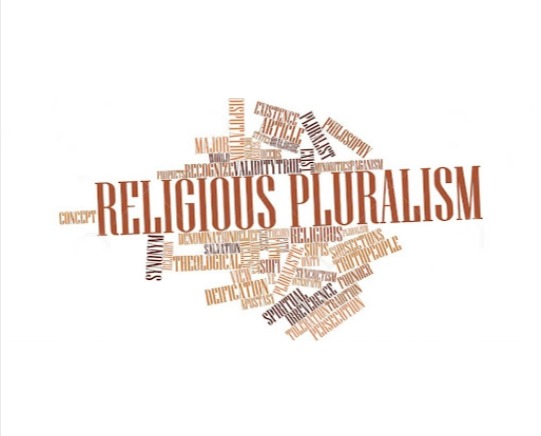– Mohd Naushad Khan
A recent survey conducted by CSDS-Lokniti indicates strong support for religious pluralism in India, countering concerns about threats to secularism and democratic principles. Amidst apprehensions about the country’s direction, the survey findings offer a hopeful perspective, affirming that a significant majority – 79 percent – endorse the idea that India is equally for all religions, minimizing the notion of a Hindu-centric nation (‘Hindurashtra’). Only 11 percent of Hindus surveyed believed India should exclusively belong to Hindus.
Interestingly, the survey reveals generational and educational disparities in support for religious pluralism. A notable 81 percent of youths and 83 percent of highly educated individuals back equal treatment for all religions, compared to 73 percent among older age groups and 72 percent among those with less formal education. This trend underscores a progressive inclination towards diversity and inclusivity.
The survey underscores the prevailing sentiment that India should remain a harmonious society where people of diverse faiths can coexist and practice their beliefs freely. This widespread endorsement of religious pluralism underscores the enduring importance of religious tolerance as a fundamental element of India’s societal fabric.
Professor Salim Engineer, a leading figure in promoting communal harmony, views the survey as a reflection of grassroots sentiments. He challenges narratives of majoritarianism, suggesting that the survey’s results debunk such notions and affirm India’s inclusive mindset. He emphasizes the core strength of pluralism in fostering peace, prosperity, and national development.
Goswami Sushilji Maharaj, from Bhartiya Sarva Dharma, welcomes the survey findings, emphasizing India’s global reputation for its composite culture and unity in diversity. He stresses the importance of nurturing a tolerant society with pluralistic values.
In contrast, Mujibur Rehman, an assistant professor specializing in social inclusion policies, offers a skeptical perspective. He suggests that while the survey reflects a passive majority in favor of pluralism, it may not translate into effective political resistance against Hindutva-driven agendas.
As India approaches critical elections, Michael Williams, founder of the United Christians Forum, underscores the importance of rejecting campaigns rooted in religious intolerance. He emphasizes the need for accountability on issues like employment and economic growth.
Dr. Prem Chand from Delhi University points out a paradox within the survey results, highlighting a discrepancy between public sentiment and the rise in intolerance and violence against certain religious minorities. He calls for a deeper examination of the survey’s methodology to understand its implications more comprehensively.
In conclusion, the CSDS survey reflects a prevailing endorsement of religious pluralism and secular ideals in India, despite ongoing challenges to these values. The survey’s insights emphasize the enduring commitment to India’s multicultural heritage and the societal values enshrined in its constitutional democracy.




